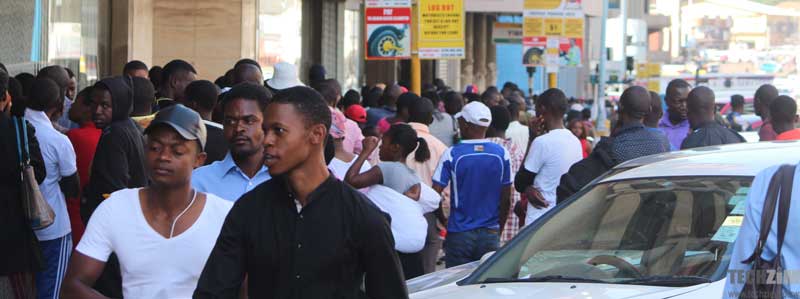We recently talked about how a hidden feature within the latest beta version of WhatsApp was discovered by WABetaInfo. The discovery hints at payments within WhatsApp coming to the popular chat application. It will allow instant bank transfers through a Unified Payments Interface (UPI) transaction system. This system is similar to RTGS but according to my brief research on how it is being used in India, it seems like UPI is faster.
Bank to bank transfers are currently possible and some banks even having their own mobile apps to facilitate this. However, there are some problems with the way bank to bank transfers are currently happening in Zimbabwe. Let’s take a look at the problems and how WhatsApp payments through UPI might solve these problems for Zimbabweans if the feature ends up coming here.
Bank transfers don’t always go through and take longer
If you’ve tried to transfer some funds between two local banks, you know sometimes things go wrong. Transfers don’t always go through. Apart from failed transfers, the current method that’s being used by local banks for money transfers (RTGS) takes between 1-2 business days when things go according to plan.
Yes someone could say we have ZIPIT which is faster. However, it is sometimes unreliable but when it works it’s instant and fixes the problem of time. Since we can’t always rely on ZIPIT or RTGS, some of us have resorted to moving the money in our bank to a mobile wallet like EcoCash. Using mobile payment solutions, sending money or making payments is faster and more reliable.
The problem with moving money between your bank and mobile wallet is that you get charged for every transfer you do before you actually get to pay for what you want. The method that WhatsApp payments is said to use for making these transfers (UPI) will be both instant and free according to an implementation of it in India.
You have to download a separate app
Currently, if you would like to do mobile banking on your smartphone without the hassle of USSD, you have to download an app from your bank. The problem with that is not every person will actually put in the effort to download the app from their bank, figure out how it works and actually use it for doing transfers.
Often, it seems easier to just transfer the money to a mobile wallet and be faced with a familiar interface but even that has its own problems like we just talked about. If this does come, it will be more convenient for people to do bank transfers as they are already using WhatsApp. Their precious phone memory won’t need to store yet another app from their bank or worse 3+ if you use multiple banks.
Could this happen locally?
WhatsApp payments as it looks currently looks like the solution for transfers between banks anywhere. However, I’m not sure if local banks support UPI system for transfers. If they do then it’s up to them to grab this opportunity when it comes and if they don’t then they should figure out how to support it.
I say that because we all want something that just works and is familiar to all of us. They won’t even have to do aggressive marketing because a lot of Zimbabweans already use WhatsApp. Ultimately, it’s beneficial for banks as the money would stay in their ecosystem instead of going to mobile money platforms.
What do you think about this? Could it be useful or not? If it does happen would you want it to be accessible from local banks? If so why. Let us know your thoughts in the comments section.

3 comments
I don’t think the problem in Zimbabwe is in the payment channels per se. The problem is that people do not want to receive their money and keep it in the banks because there is no guarantee that the money will keep its value or be easily convertible to other currencies when you need it. For example now you can’t pay for DSTV even if you have money in the bank. Its not about the channel.
Since payal is not available in zimbabwe, doubt whatsapp payments will come to zim. but facebook is cannibalizing the internet economy ie news, video, communication & now payments
It’s all leading to globalisation and its New World Order agenda which is the mark of the beast.